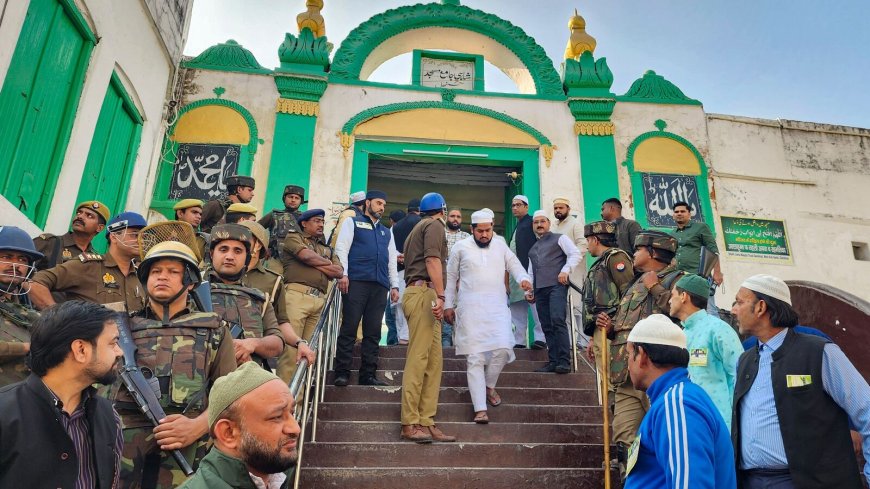Congress moves SC against challenges to Places of Worship Act, citing ‘threat to communal harmony’
Congress intervenes in the Supreme Court case challenging the Places of Worship Act, arguing its crucial role in preserving India's secular fabric. The party warns that altering the Act could endanger communal harmony, reflecting ongoing tensions in India's socio-political landscape.

Congress Moves SC Against Challenges to Places of Worship Act, Citing ‘Threat to Communal Harmony’
In a significant political move, the Congress party has approached the Supreme Court regarding the ongoing challenges to the Places of Worship Act. This legal framework, established in 1991, aims to maintain communal harmony by preserving the status of religious places as they existed on August 15, 1947. The Congress argues that any attempts to challenge this act are not just legal in nature, but also pose a direct threat to the ongoing peace between various communities in India. This position underscores the importance of maintaining the secular fabric of the nation amidst rising tensions.
Background of the Places of Worship Act
Enacted to prohibit the conversion of places of worship and to maintain their status quo, the Places of Worship Act has been crucial in preventing disputes relating to historical religious sites. The law has been a cornerstone in promoting peace and understanding among different religious communities across India. Congress leaders assert that the act is instrumental in ensuring that the historical complexities do not escalate into modern disputes.
Concerns Raised by Congress
The Congress party has expressed grave concerns about the implications of these legal challenges. They claim that such actions could lead to an upheaval in communal relations, fostering animosity rather than cooperation amongst diverse religious groups. In their view, the Supreme Court must protect this act to prevent any retrogressive measures that may disturb the delicate balance of inter-religious dynamics in the country.
Political Implications
This move could be seen as a strategic maneuver by the Congress to position itself as the protector of secular values, especially in a political environment that has been accused of favoring majoritarian narratives. By taking a stand on such a significant legal issue, they hope to mobilize public sentiment in their favor, signaling that they remain committed to upholding the constitutional principles that underscore India's pluralistic society.
For more updates on political developments, visit dharmyuddh.com to stay informed about the latest challenges and responses in the political landscape.
Conclusion
The Congress party's legal action represents a critical moment in the ongoing discourse surrounding religious rights and communal harmony in India. With the Supreme Court's eventual decision likely to have far-reaching effects, all eyes will be on the judiciary to interpret the law in a way that preserves peace and inclusivity. This battle is not merely about legalities but also about the core values that underpin Indian society. Keywords: Congress moves SC against Places of Worship Act, communal harmony threats in India, Places of Worship Act challenges, preserving communal peace in India, Congress party secular values, Supreme Court religious disputes.







